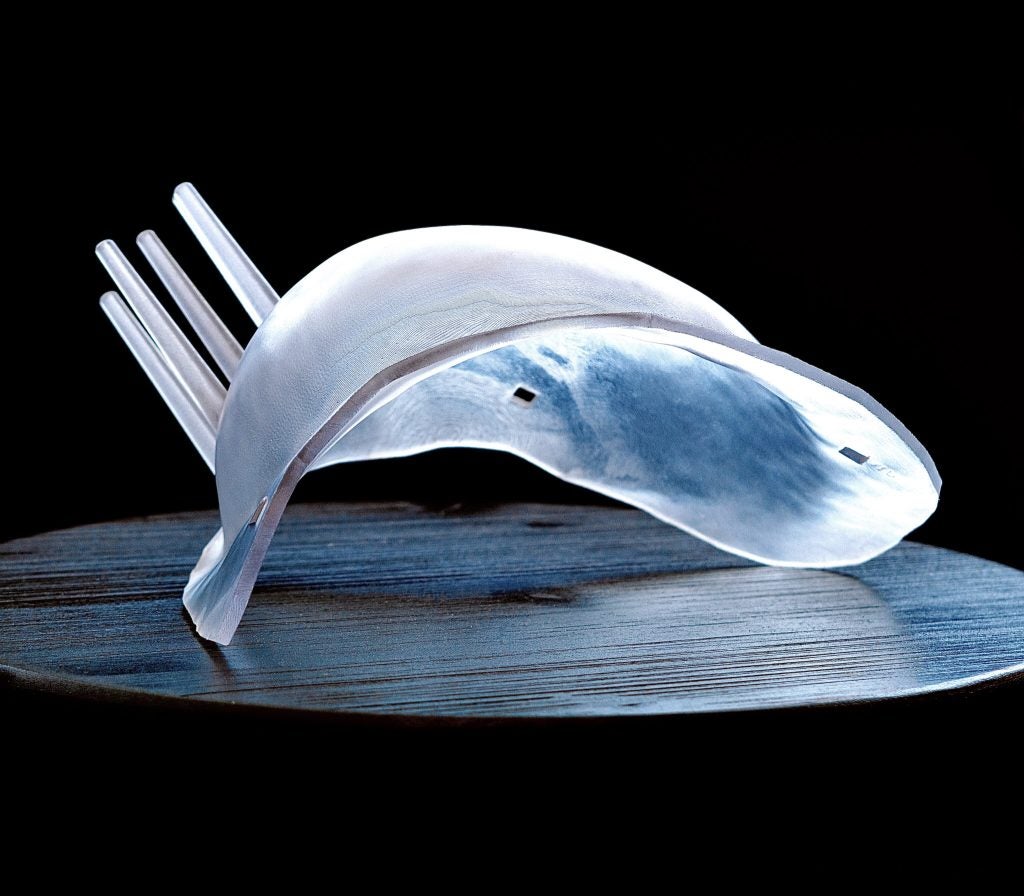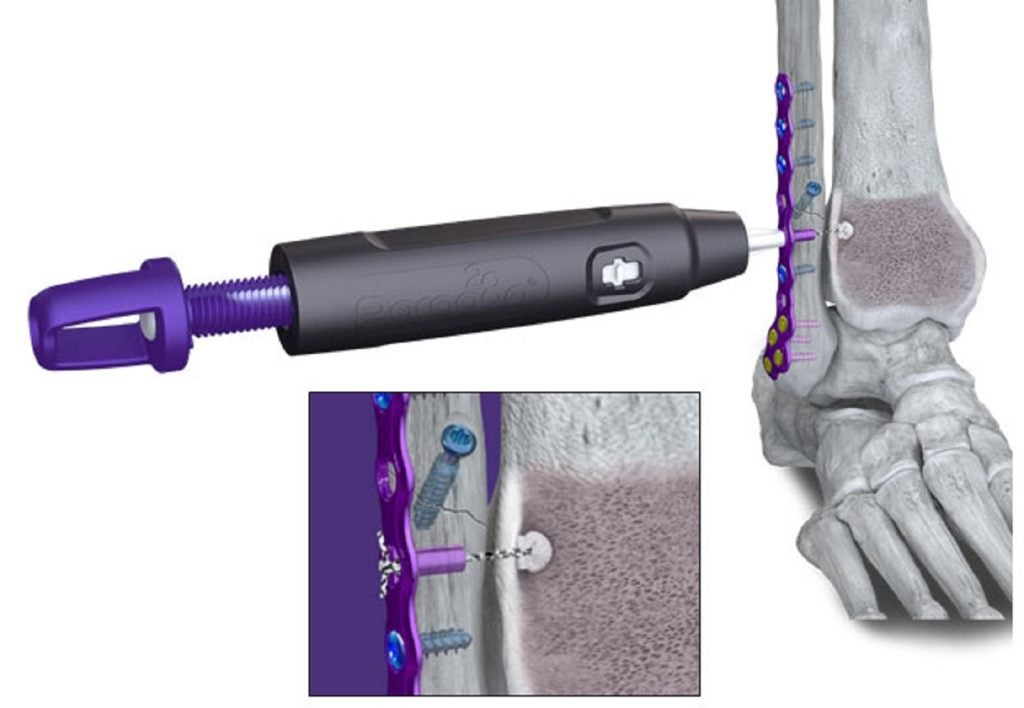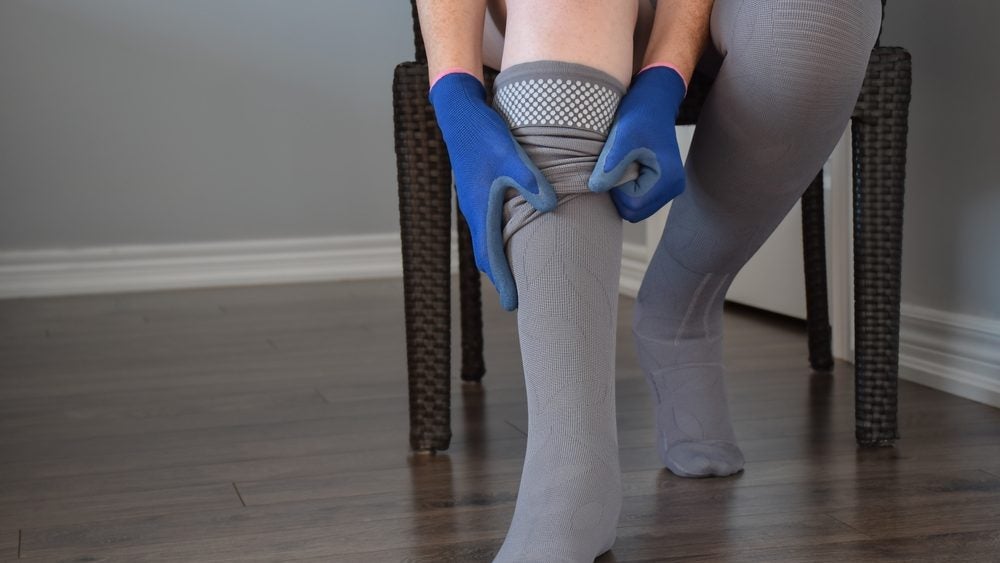Cairn Surgical has completed enrolment in Europe for a clinical trial evaluating its personalised device for breast cancer surgery.
The multi-centre trial is a post-market surveillance study in European patients who underwent breast-conserving surgery to remove a breast tumour using the CE-marked device.
Post-market surveillance studies are used to gather data for medical devices that have been approved to ensure safety and efficacy.
Cairn’s Breast Cancer Locator (BCL) system is a patient-specific tool used to reduce positive margins during breast cancer removal. The rate of positive surgical margins after breast cancer surgery varies but can reach as high as 20% in some cases.
According to the company, this primarily occurs due to limitations in current breast tumour localisation techniques.
The study involved 33 patients treated at sites in Italy, Switzerland and Germany. The primary endpoint is the positive margin rate, which is assessed by imaging and pathology immediately following the procedure. Cairn expects to unveil data from the study in a clinical forum later this year.
Professor Marc Thill, one of the study’s clinical investigators, said: “In this study, the Breast Cancer Locator exceeded our expectations in enabling us to achieve negative margins. It is clear that having detailed guidance regarding the size, shape and location of each tumour in the supine position enables us to improve our surgical outcomes.”
Cairns’s technology has demonstrated positive results in earlier clinical studies, with results published in the Annals of Surgical Oncology and in Surgical Oncology, where the system helped accurately localise 18 out of 19 cancers.
Improving the rate of successful margin removal can reduce costs and the need for further surgery, as well as improve physical appearance.
Cairn’s polymer device is printed to match the dimensions of the patient’s breast using MRI scans and the company’s Visualizer software tool. The surgeon then uses the locator to mark the projected edges of the cancer on the skin surface and places four bracketing wires through guiding ports.
The European trial is running alongside a US pivotal trial which is planned to enrol 448 patients. Data from the trial will be used to support US Food and Drug Administration (FDA) clearance and commercialisation.
Last month, the company won $4.5m in Series A2 funding to advance the trial, with the money also going towards further commercialisation in certain European markets.
The breast cancer surgery space is seeing advancement in tools used to confirm localisation and margins. Lumicell’s surgical imaging tool combined with its optical imaging agent helps detect residual cancer in real time during lumpectomy surgery. With a Nobel Prize winner as one of its co-founders, the company received FDA approval in April this year.















